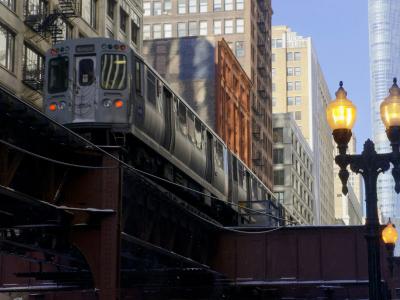-
State Data Overview
Across Massachusetts, there is a shortage of rental homes affordable and available to extremely low income households (ELI), whose incomes are at or below the poverty guideline or 30% of their area median income (AMI). Many of these households are severely cost burdened, spending more than half of their income on housing. Severely cost burdened poor households are more likely than other renters to sacrifice other necessities like healthy food and healthcare to pay the rent, and to experience unstable housing situations like evictions.
KeyFacts325,216Or31%Renter households that are extremely low income-183,253Shortage of rental homes affordable and available for extremely low income renters$38,710Average income limit for 4-person extremely low income household$95,476Annual household income needed to afford a two-bedroom rental home at HUD's Fair Market Rent.63%Percent of extremely low income renter households with severe cost burden -
State Level Partners
NLIHC Housing Advocacy Organizer

Zenayah Roaché
State PartnersCitizens' Housing and Planning Association
One Beacon Street, 5th Floor,
Boston, MA 02108
P 617-742-0820
F 617-742-3953
www.chapa.orgRachel Heller
Chief Executive Officer
[email protected]Matt Noyes
Director of Public Policy
[email protected]Become an NLIHC State Partner
NLIHC’s affiliation with our state coalition partners is central to our advocacy efforts. Although our partners' involvement varies, they are all housing and homeless advocacy organizations engaged at the state and federal level. Many are traditional coalitions with a range of members; others are local organizations that serve more informally as NLIHC's point of contact.
Inquire about becoming a state partner by contacting [email protected]

-
Housing Trust FundHTF Implementation Information
NLIHC continues working with leaders in each state and the District of Columbia who will mobilize advocates in support of HTF allocation plans that benefit ELI renters to the greatest extent possible. Please contact the point person coordinating with NLIHC in your state (below) to find out about the public participation process and how you can be involved.
Current Year HTF Allocation$18,648,225
HTF State Resources2019
Draft Annual Action Plan with HTF Allocation Plan on page 57 (PDF)
2018
Draft Annual Action Plan with HTF Allocation Plan on page 54 (PDF)
2017
HTF Allocation Plan (PDF)
2017 NOFA (PDF)
Draft Annual Action Plan (PDF)
Notice of Public Hearing About Draft Annual Action Plan (PDF)
2016
HUD Approved Allocation Plan (PDF)
HTF NOFA (PDF)
Draft HTF Allocation Plan by Massachusetts Department of Housing and Community Development (PDF)
State Designated EntityState Entity Webpage
Massachusetts Executive Office of Housing and Livable Communities (EOHLC)Official Directly Involved with HTF ImplementationCatherine Racer
Associate Director, DHCD
617-573-1322
[email protected]Bronia Clifton
Supportive Housing Manager
617-573-1305
[email protected]NHTF-specific Pages
National Housing Trust Fund
Annual Action Plans -
ResourcesResources
Housing Profiles
State Housing Profile
State Housing Profile: Massachusetts (PDF)
Congressional District Housing Profile
Congressional District Profile: Massachusetts (PDF)
Research and Data
National Housing Preservation Database
The National Housing Preservation Database is an address-level inventory of federally assisted rental housing in the United States.
Out of Reach: The High Cost of Housing
Out of Reach documents the gap between renters’ wages and the cost of rental housing. In Massachusetts and Nationwide
The Gap: A Shortage of Affordable Rental Homes
The Gap represents data on the affordable housing supply and housing cost burdens at the national, state, and metropolitan levels. In Massachusetts and Nationwide
Explore Other States
